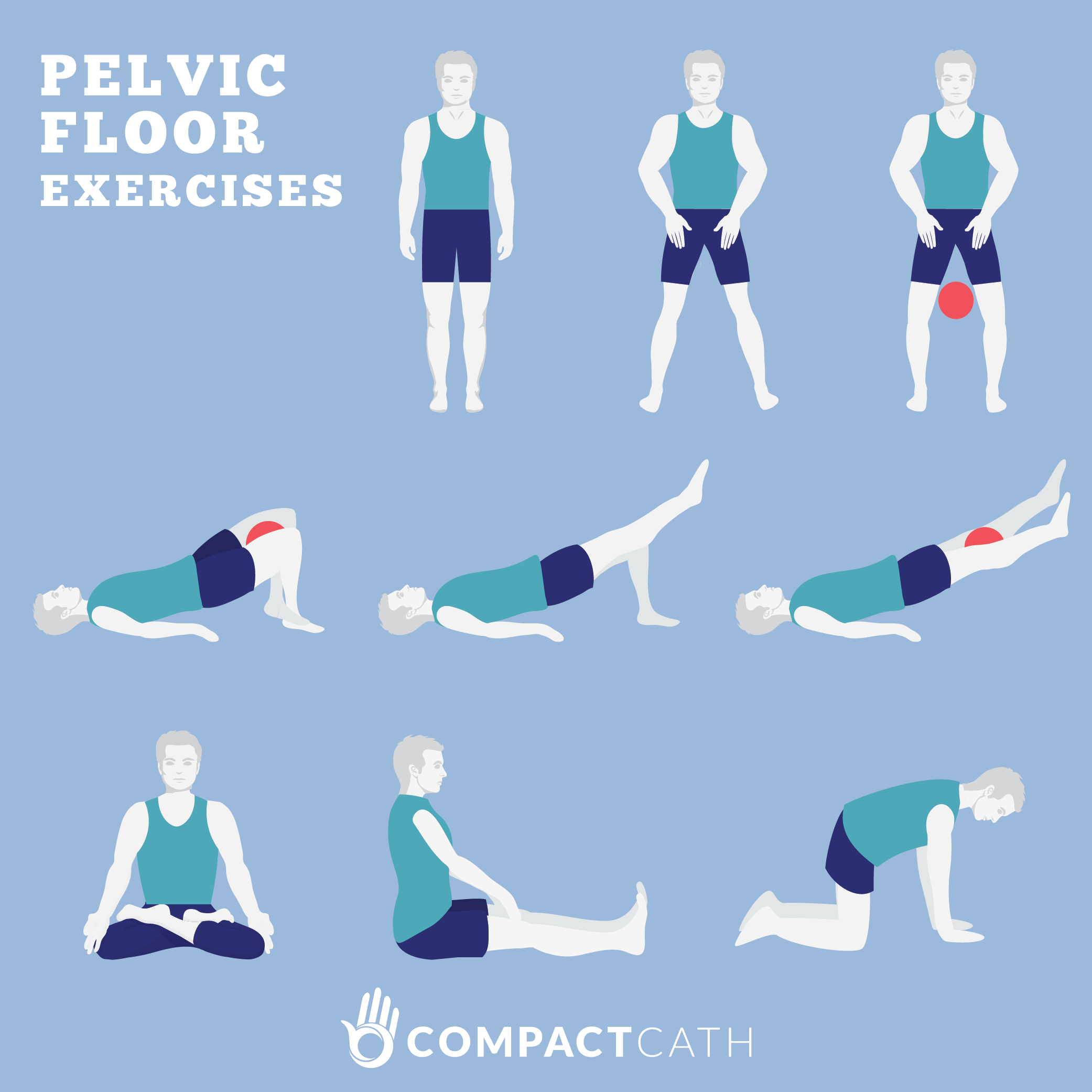
September 7, 2024
Urinary System Incontinence: Therapy, Triggers, Types, And Signs And Symptoms
How To Aid A Weak Bladder It intends to boost the amount of pee your bladder can save. Since urge incontinence triggers you to leakage a lot of urine, you may intend to wear adult diapers or absorptive urinary pads up until treatments work. However, continuous direct exposure to pee can cause skin rashes and sores. Lots of people with urge incontinence have over active bladders.Methods To Stop Leakages
- There are lots of possible causes and risk aspects for urinary system incontinence.
- In the case of tension urinary incontinence, if it is not enhanced with the therapy as stated above, after that you will be provided with surgical procedure as the following action.
- Some of the incontinence causes are surgical trauma, maternity, menopause, childbirth, and pelvic radiation.
- These can cause your kidneys to generate even more pee and aggravate your bladder.
What sort of doctor deals with bladder leakage?
Urine Urinary Incontinence
Likewise, like all muscles, the bladder and urethra muscular tissues shed a few of their stamina as you get older. This means you might not be able to hold as much pee as you get older. Urinary urinary incontinence, or the failure to manage one's bladder, can be unpleasant. This problem can range in strength from periodic dripping pee to an abrupt and solid need to urinate, causing you to pee prior to getting to the commode. The cystoscopy treatment involves a slim tube with a cam that helps to have a view of the inside of the urinary system system and the bladder. It aids to recognize any irregularities in the bladder or urinary system tract, causing urinary incontinence. Therapy for urinary system incontinence relies on the kind of urinary incontinence, its extent and the underlying reason. If an underlying problem is causing your signs and symptoms, your medical professional will initially deal with that problem. Blood in pee and frequent peeing can be an outcome of bladder https://ewr1.vultrobjects.com/075ixjw8vbirserw/075ixjw8vbirserw/kegel-exercises/recent-advances-in-urodynamics-in.html cancer cells. Likewise, it can call for surgical procedure or chemo- and radiotherapy. Cigarette smoking can increase the threat of bladder cancer cells two to three times. To find out even more about pelvic floor workouts and bladder training, see our area on therapy of urinary system incontinence. You can discover pelvic floor exercises and utilize biofeedback to enhance urge incontinence signs and symptoms. If needed, you can attempt medications or nerve stimulation, too. With correct therapies, you can treat impulse urinary incontinence, restore the ability to regulate your bladder and delight in life much more. Lots of people have blended incontinence, with signs and symptoms of both anxiety urinary incontinence and seriousness urinary incontinence causing pee leakage. In this situation the urologist would generally resolve the type of incontinence that is most impacting your quality of life first, as the therapies are rather various. There are many different factors that you could experience incontinence.Social Links